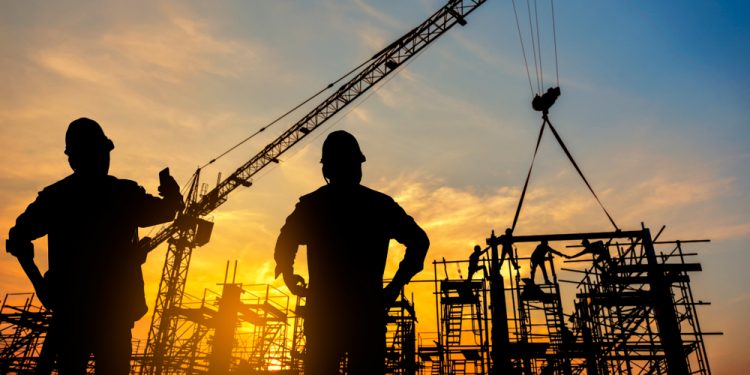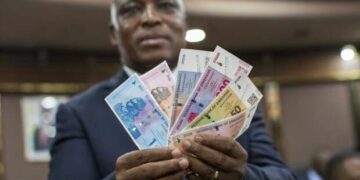Infrastructure projects’ needs for private funding will increase in some Middle Eastern countries, Fitch Ratings says. This is due to a diminished ability of their governments to provide direct financing.
Growing capital markets could offer required liquidity. However, scaling up non-recourse project bond issuance would require stable and transparent regulatory frameworks.
Government finances in the region came under pressure and deficits widened as a result of the coronavirus pandemic, reduced oil prices and agreed oil production cuts.
Many new infrastructure projects in gas-fired thermal power, water desalination, nuclear energy and social infrastructure will increasingly be looking for private funding, including from international markets. Renewable energy is emerging as a new growth sector in many Middle Eastern energy markets, competing with other infrastructure projects for funds.
The size of debt capital markets in the region has increased considerably in the past 15 years. The 2015 oil price crash prompted regional sovereigns to open up to private sector funding, accelerating the financial market growth.
New issuances of both conventional bonds and sukuk almost reached USD200 billion in 2020. The markets are deep enough to provide large financing: Abu Dhabi National Oil Company alone has raised USD20 billion in bonds in the past three years, of which a part was placed in domestic markets.

Growth in non-recourse bond issuances has been limited so far, despite significant infrastructure funding needs in the region. A further development of the project finance market in the region requires a transparent and supportive regulatory environment.
Regulatory frameworks for public-private partnerships and renewables in some Middle Eastern countries are still evolving and even where legal frameworks are already in place, their effectiveness has not been tested.
Country ratings and political risks are important considerations for international investors, and higher risks associated with investing in non-recourse debt in the Middle East may become constraining factors for some investors, given investment opportunities in lower-risk home markets.
The international project finance markets have long been open for key oil and gas assets – Dolphin Energy Ltd (A+/Stable) and Ras Laffan Liquefied Natural Gas Company Limited (AA-/Stable) project bonds date back to the early 2000s.
The most recent issue of Galaxy Pipeline Assets Bidco Limited (AA/Stable) in February 2021 has been heavily oversubscribed. National oil companies in other jurisdictions may follow to bring in international funds to develop key oil and gas assets.
Quickly growing population and increasing per-capita energy consumption require the regions’ governments to consider renewable energy to complement existing hydrocarbon-based power generation. Solar power technologies are particularly attractive due to their declining levelised cost and the region’s strong resource potential.
The share of renewables in the current energy mix is very low in most Middle Eastern countries, but governments have ambitious renewable energy targets. For example, Saudi Arabia has committed to build 40 gigawatt (GW) of solar photovoltaic,16GW of wind and 2.7GW of concentrated solar power capacity by 2030, compared with the current installed renewable capacity of 0.5GW. Building renewable energy capacity will require significant capital and international investors may participate in its financing.
The sovereign rating may be a critical factor in our assessment of credit strength of renewable projects due to the government-related entity status of many off-takers or entire projects.









